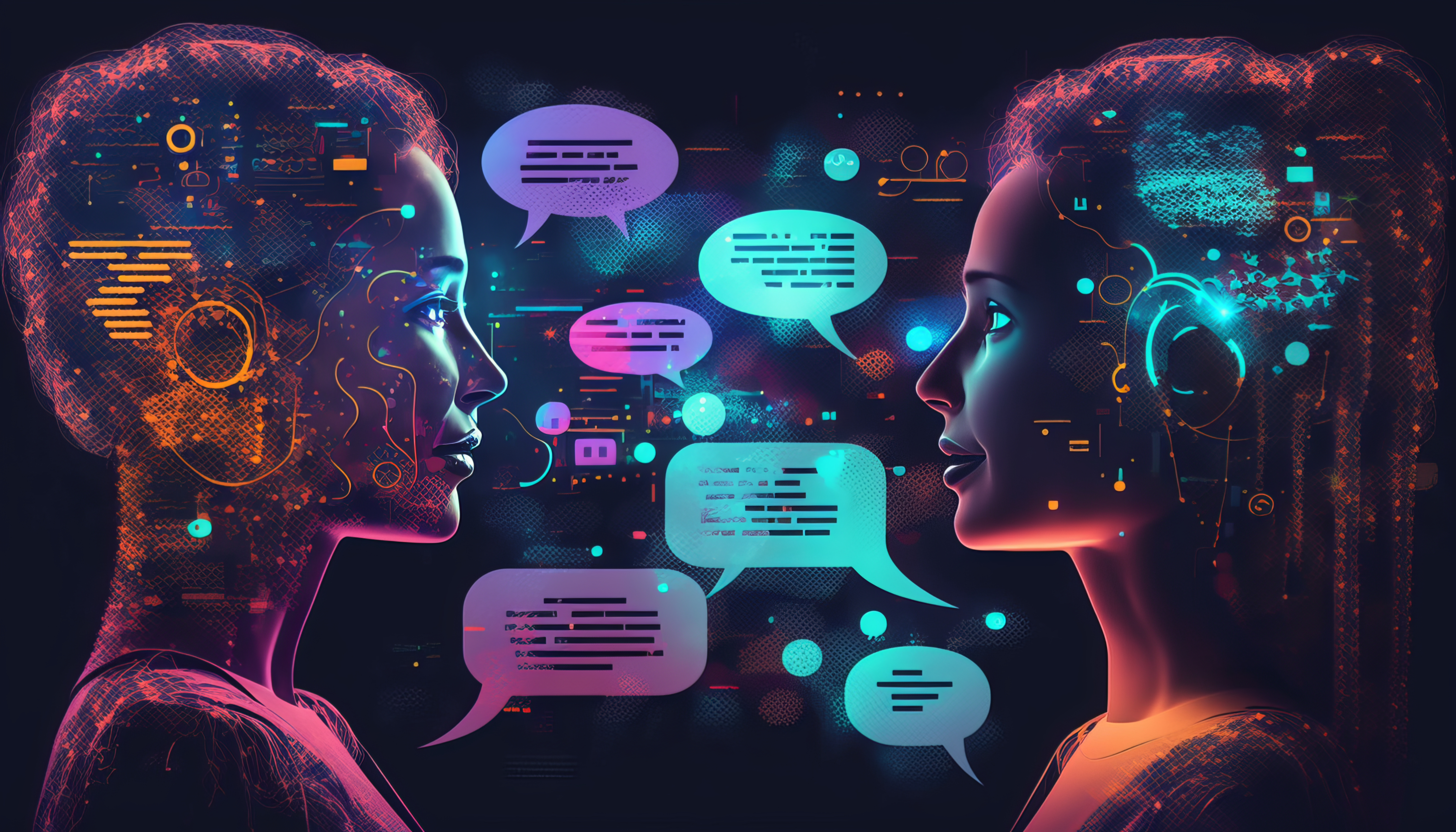AI could replace 2.4 million jobs in US by 2030| Forrester’s report
Generative AI is expected to displace 2.4 million US jobs by 2030, influencing an additional eleven million, with a particular focus on white-collar professions, though other forms of automation are predicted to have more widespread job impacts, according to Forrester’s 2023 report.

According to a recent report from Forrester, an influential analyst firm, it is projected that Generative AI will replace approximately 2.4 million job positions in the United States by the year 2030 and will also have a significant impact on an additional eleven million roles. It’s important to note, though, that other forms of automation will surpass this number regarding job displacement.
The company’s 2023 Generative AI Jobs Impact Forecast predicts that generative AI will reshape more jobs than it displaces. However, it also warns that white-collar jobs will not be immune from this impact. Specifically, roles such as technical writers, social science research assistants, proofreaders, copywriters, and administrative positions are at risk. The most significant disruptions will be felt by middle-class workers with college degrees. Interestingly, those earning less than $60,000 per year will be less affected by generative AI than those earning $90,000.
Generic AI may result in the loss of 9.3% of jobs by 2023 and 30.4% by 2030, according to a Forrester analysis. The paper also points out that not all jobs that automation replaces are jobs humans want. Automation could help fill workforce gaps and address difficult-to-fill positions. Despite this, there will still be concerns about job displacement and potential social challenges similar to the post-industrial era.
Why does it matter?
The report highlights the economic impact of generative AI and automation. This raises concerns about job displacement and the need for workforce adaptation. Technology will reshape more jobs than it replaces, affecting employees and employers. White-collar workers are also at risk of job displacement, emphasizing the importance of acquiring new skills. Income disparity may worsen, with higher earners being more affected. Workers have a few years to adapt, but resolving AI-related issues will take time. Other forms of automation will have a greater impact, requiring a holistic approach to address the challenges.


